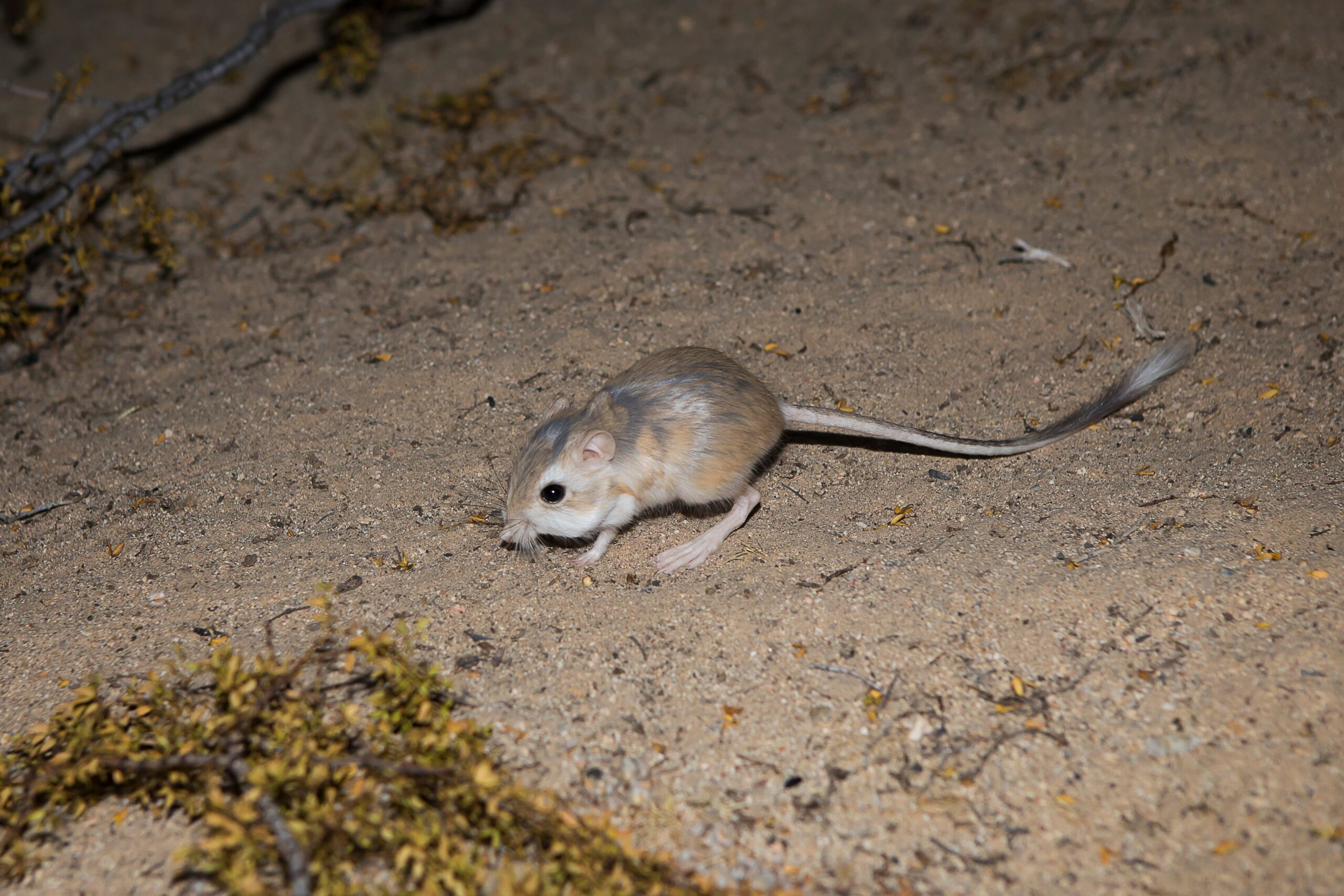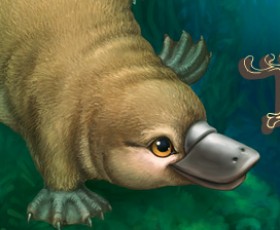My cat is a very special boy and there’s no other cat like him. Does that count?
Only if you named her Kat. So i could call it Kit’s kat.
…I’m just now realizing that I’ve missed an incredible opportunity.
I’ll allow it.
Polar Bear on the Hudson Bay coast in northern Ontario.
I’m Indigenous and I’ve gone hunting and trapping with my relatives a few times in my life. On one of those trips we happened on a polar bear on the mud flats of the bay during the late autumn. We drove by in our freighter canoe (a very large oversized canoe with a 60 HP outboard motor) and the bear swam near us and then walked by a few hundred feet away. It wasn’t afraid but we were. We watched for a while and then fired rifle shot into the mud next to it to scare it away. From the moment it started to run to the point it disappeared as a speck on the horizon was about a minute or two. I went up later to look at the prints and the clay mud looked like a tractor had driven over it. I couldn’t believe how fast it could move on the mud. I quickly sank in my boots and could barely walk around.
One paw print was about the size of my head. I never left camp without someone nearby or a rifle in my hands.
I’m told that the time it takes a polar bear to discover, stalk, hunt, kill and partially devour you is on the order of 10 minutes.
Most people do not survive a polar bear passing them in the bush.
I guess nobody can tell how big they are from photos. There’s never someone standing next to them for comparison.
Seriously! They’re the biggest land carnivores bar none. If you’re 5’ - 5’6" a bigger polar bear will be able to look you levelly in the eye while on all fours* and on its hind legs, it’ll be more than half your height again.
*survivability of said staring contest is low
Probably a Takahē in New Zealand but in captivity.
I saw takahē in captivity too, in Zealandia. You can sort of see why they almost went extinct - their big defence move is to sit reeeeally still. Big silly chooks.
Yeah I saw the takahē in Zealandia and one other zoo. Would have been cool to see in the wild if possible in the preservation areas the have.
I’m happy just to know they’re there, living their lives.
In the wild I’ve seen kiwi, kea, Kākā. I took a trip to mana island in the late 90’s, the kiwi were just wandering around during the day…
I’ve never seen the takahē.
I too saw a kea in the wild near the Milford Sound! Sadly I didn’t see any of the others in the wild. The takahē was also in Zealandia.
Probably Hercules the Liger. Terrifyingly enormous animal–pictures do not do justice to how intimidating a predator of that mass is.
I petted and fed hay to the last male northern white rhino in Kenya some years ago.
He’s dead now and the remaining two females will likely die without giving birth and the species will go extinct :-(
It’s both cool and sad that you could interact and give witness to a species before its inevitable collapse.
Mainly sad.
I traveled to one of the most remote places on the planet, drove hours on dirt roads, hiked another hour through deafening wind, and then crawled on my stomach to the edge of a a 1300’ cliff, and hung off of it it just to take a picture of a puffin with my cell phone.
deleted by creator
Those are the angry looking puffins, not the cute ones.
Uhh, in the wild? I’ve seen some pretty uncommon wetland birds a number of times. Some pretty weird bugs too, although it’s hard to say what they were.
I’ve seen big moose really up close, and that was epic, and would have been terrifying if there wasn’t usually a car-stopping amount of wood between us. They’re not rare, though, just shy.
In December '94 I was running through Banff at a speed that was ridiculous for winter driving even before we consider it was a white '91 geo metro and 1am in a snowstorm.
And there it was. But, night-zoned and lulled by the hyperspace homage in snowflakes lit by the headlights, the first thing I saw was just a series of knees.
“Oh fuckfuckfuck,” said my brain to itself as I executed a classic Moose Check maneuvre at an ungodly rate of speed in absolutely unsuitable conditions, missing the moose by a distance smaller than the amount of caring our conservative political candidate really has for the plebes he wants to manage for fun and profit.
After an interminable series of fishtails from trying to straighten up after going nearly sideways on the slippery roads in the blizzardy dark in a frightenly remote part of the highways, in a car that wouldn’t be seen in the ditch or ravine by searchers or passers-by until some later Spring, I managed through luck and wordless appeals to a capricious god to straighten the attitude of the car and keep it on the roadway.
And my future wife woke up in the passenger seat and asked what was going on, sleepily wondering why the turns are so sharp and why I’m cursing.
“It’s fine; but I saw a moose back there. Really close, too!”
In captivity: probably red wolves, or some critically endangered birds at the National Aviary.
In the wild: probably some plants endemic to Catalina Island.
A dik-dik. It’s a species of deer that is slightly larger than a house cat or maybe a medium size dog. It was super adorable but a bit uncanny feeling lol.
I got a brief but good look at a wild Jaguarundi in south Texas nearly twenty years ago. I thought it was a bobcat at first, but it turned so I could see its tail and profile, and there was no mistaking it.
A live cow
deleted by creator
There was a stray firefly at my house one night. Like, singular. We’re not even near their habitat, so I don’t know what’s up with that.
https://en.wikipedia.org/wiki/Santa_Cruz_long-toed_salamander
So rare I don’t even know if they still exist.
I did some field biology work back in the mid 2000s and this is the only reason I know this.
There is also the California Condor and a species of kangaroo rat in the Mojave. The former is less rare now due to an immense amount of work we did to save the species to the point where they actually got removed from the endangered list at one point.
Look at this little guy though

As for the Condors:
The condor population (wild and captive) has steadily increased, reaching over 460 in 2017 (with 170 wild condors in California). For the most current update check out the Condor Population Status Summary (PDF)
Back when I was doing field work they were down to only 27 and all had been moved to captivity.
The situation with the salamander is much more dire
Its limited range and fragile specialized habitat place severe restrictions to the viability of this species. There is no definitive population estimate for the Santa Cruz long-toed salamander, but the numbers are deemed to be quite small. Further disturbance of its limited habitat could lead to this species’ extinction.
A quetzal in the rainforest of Panama.











